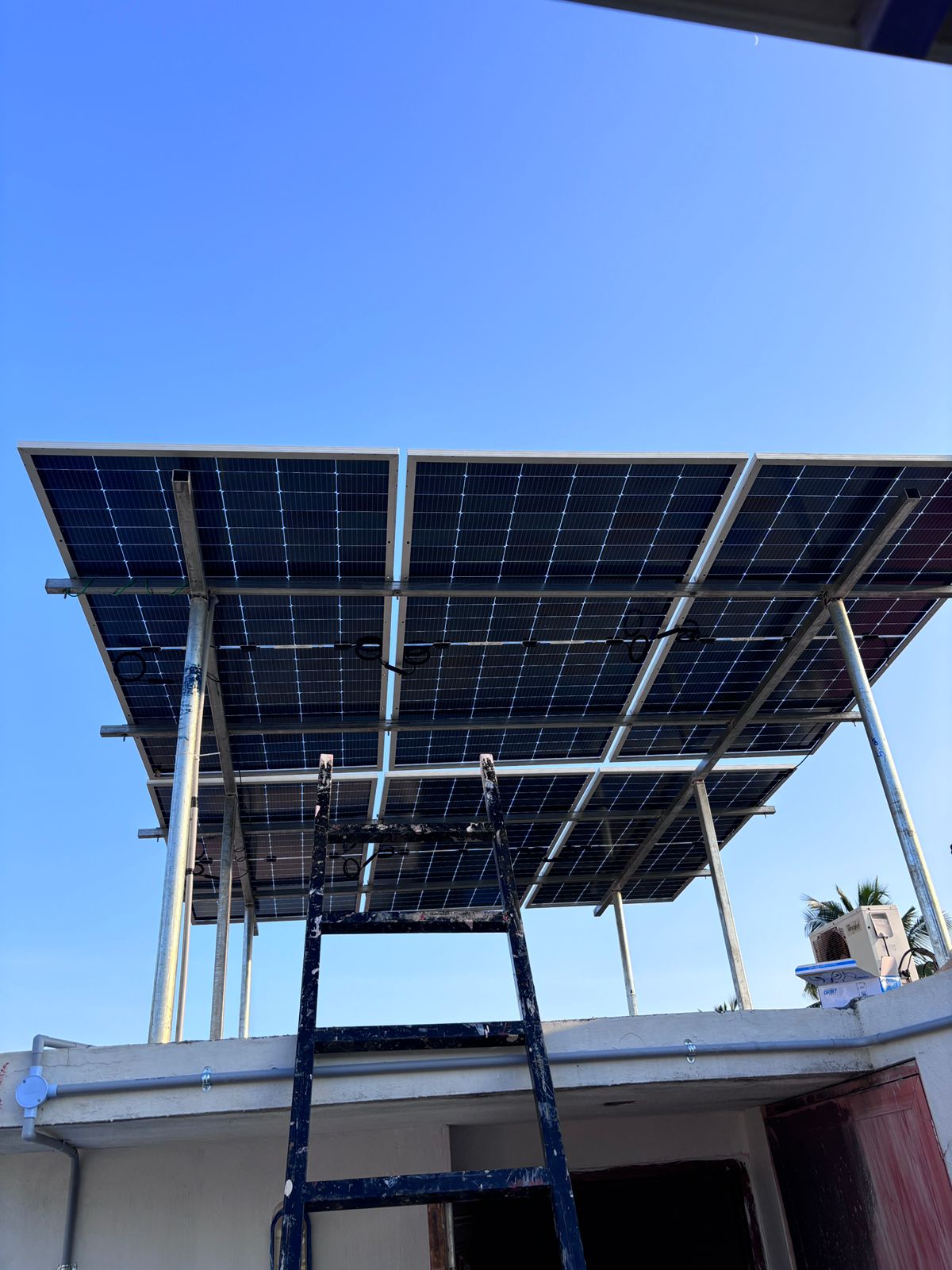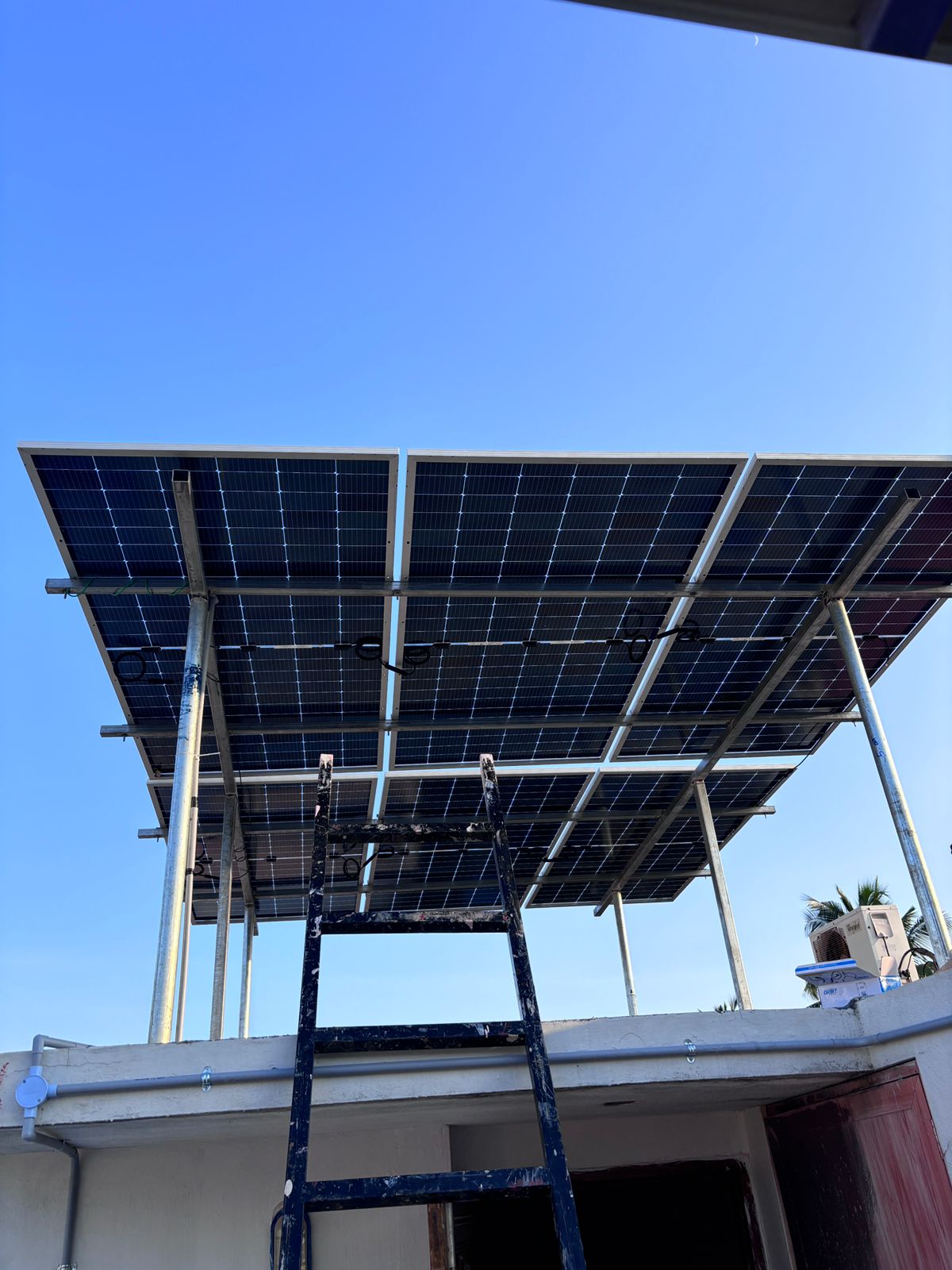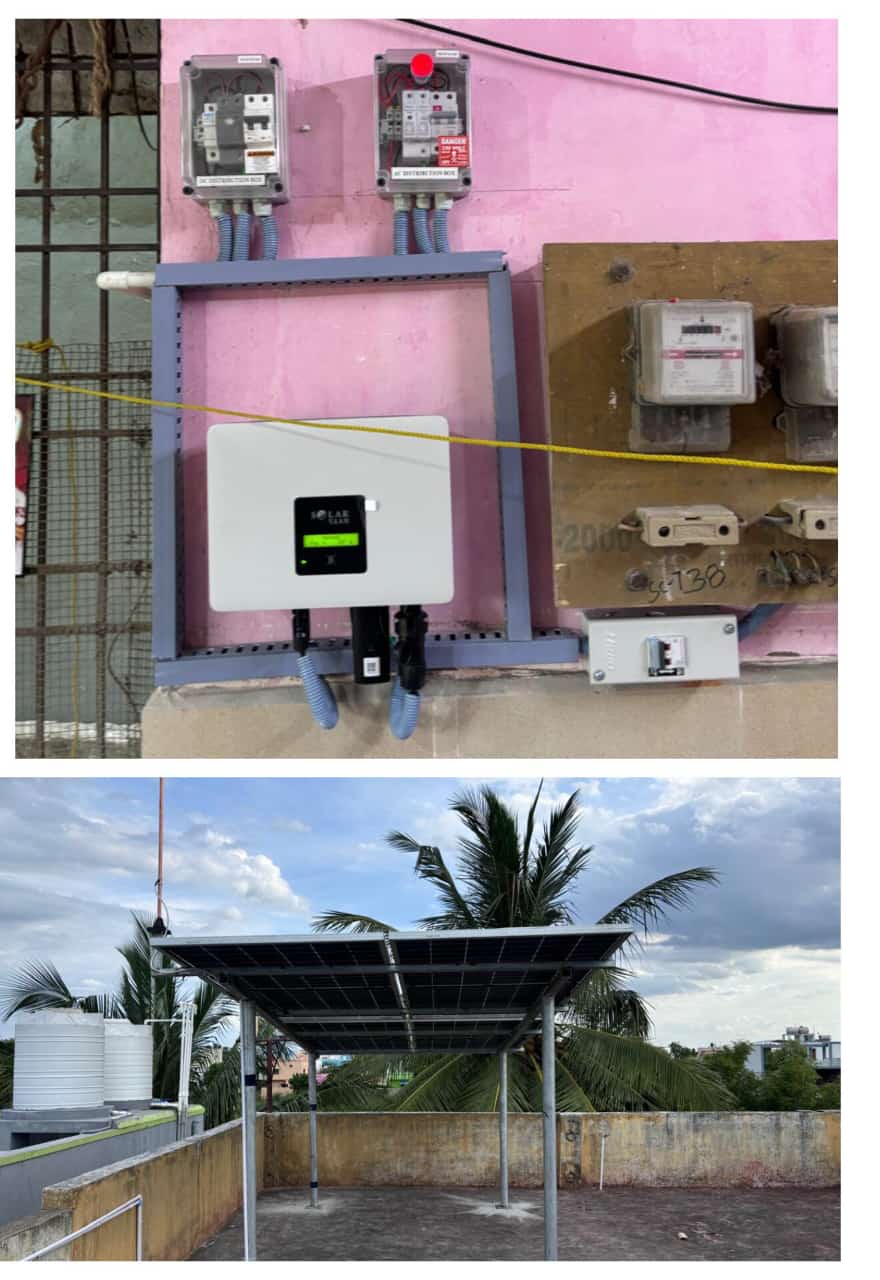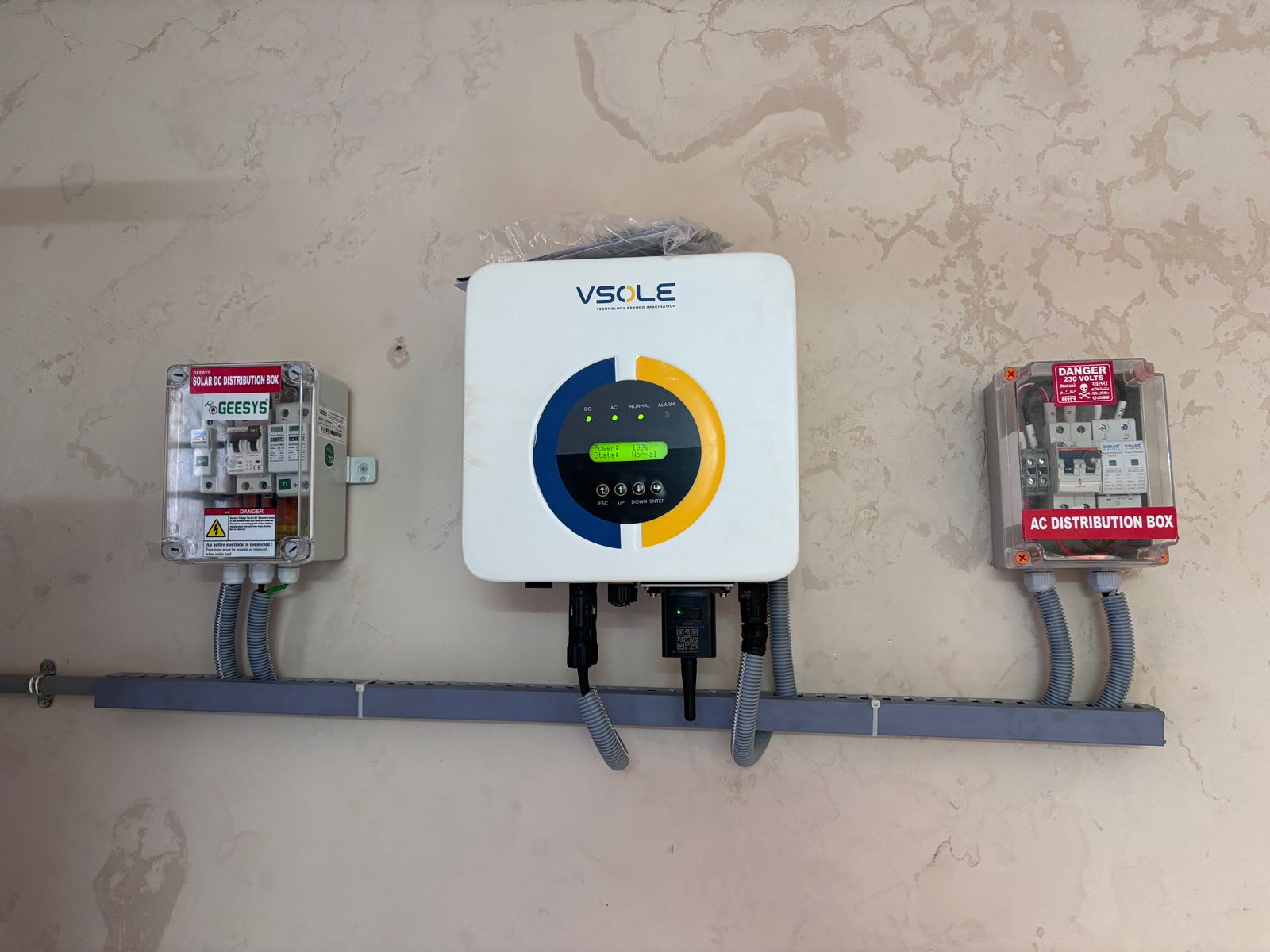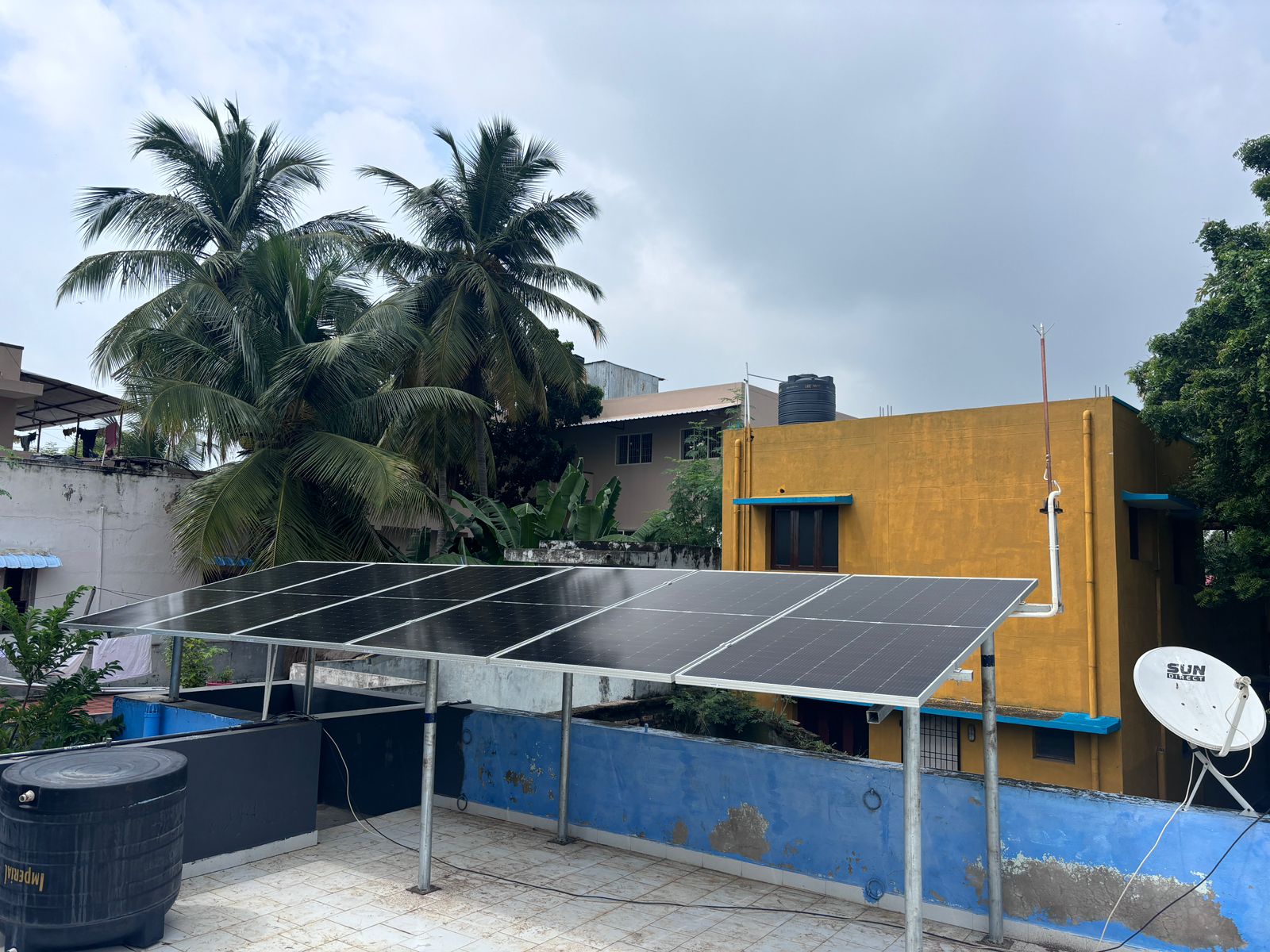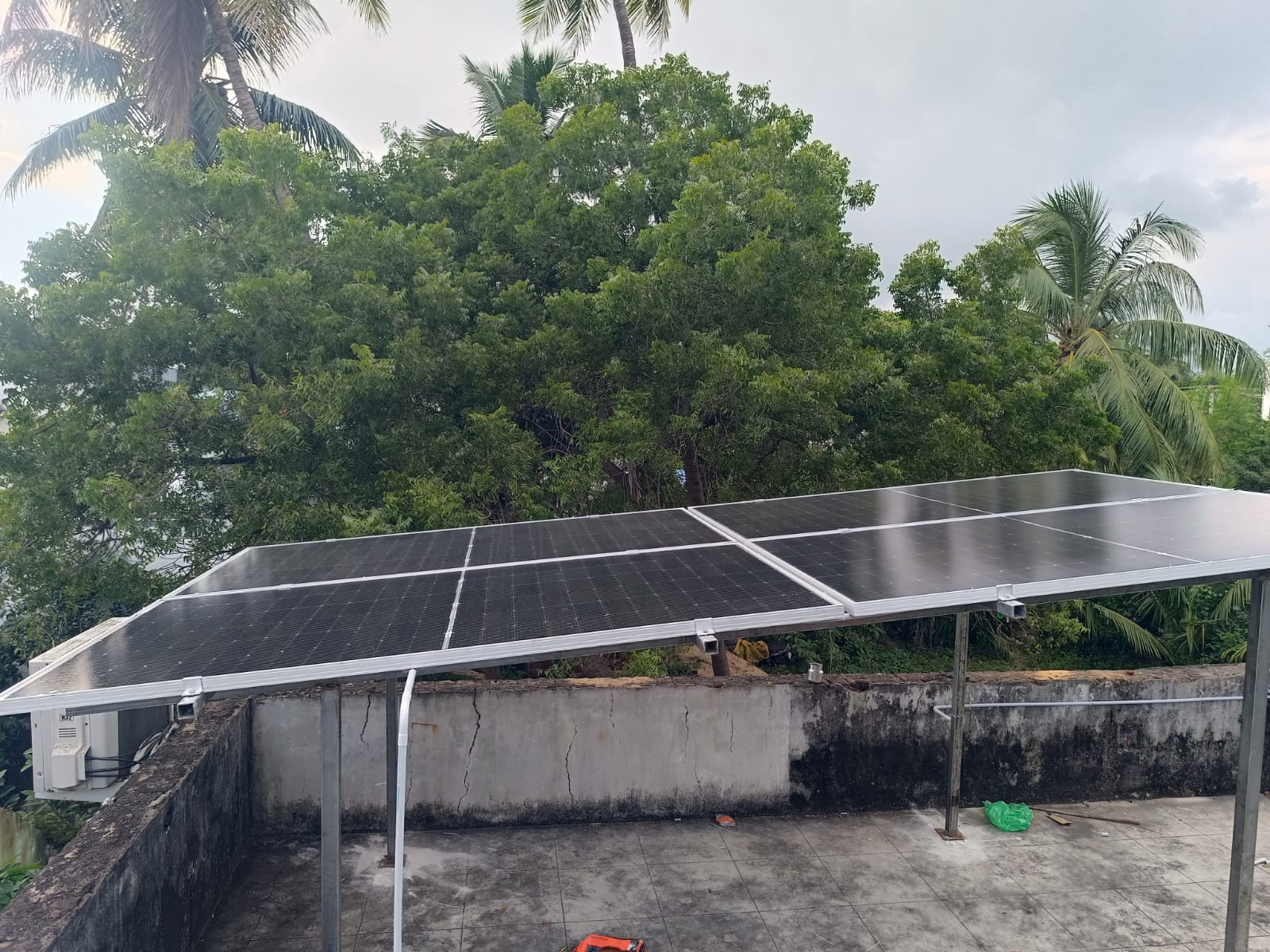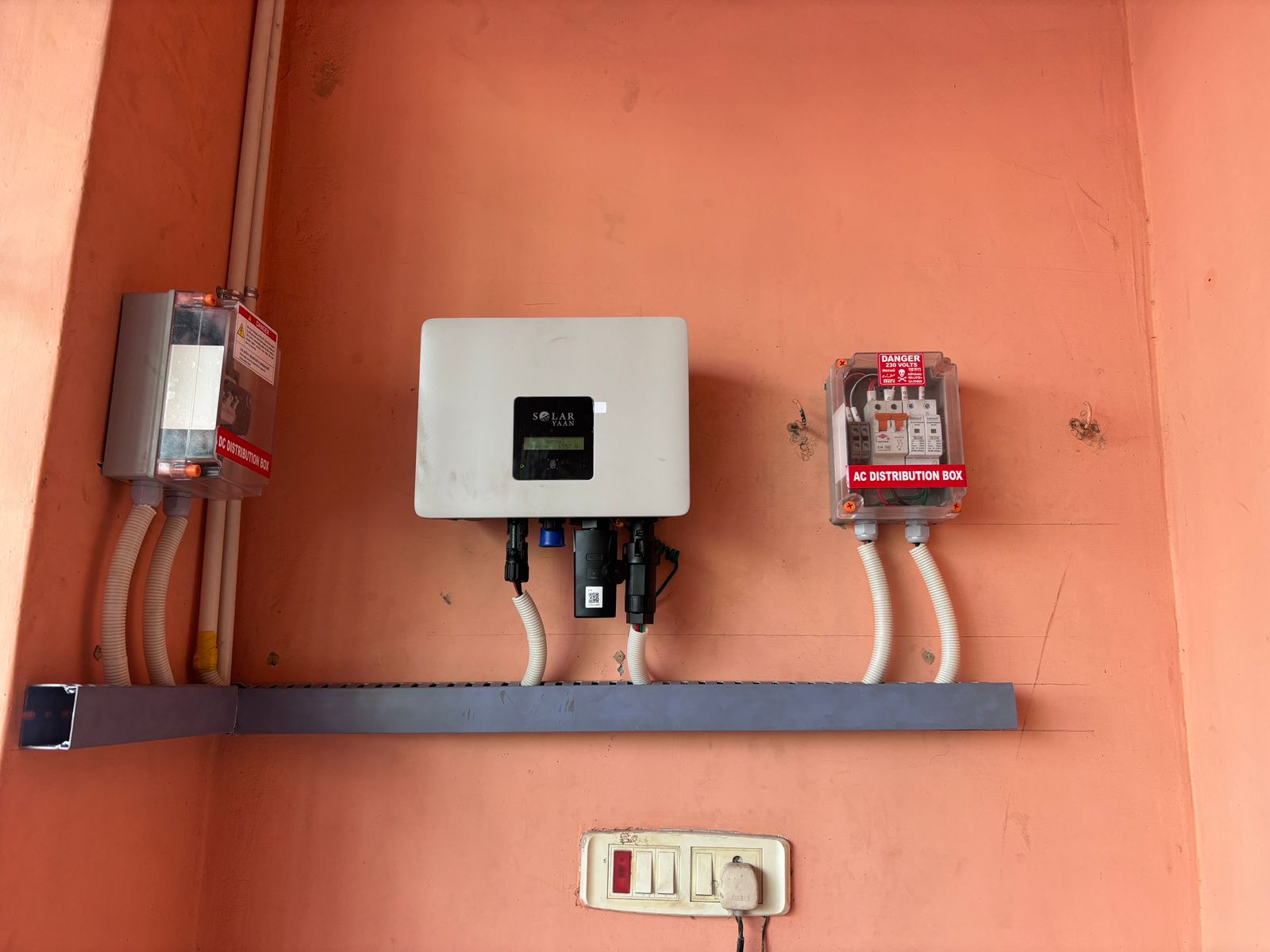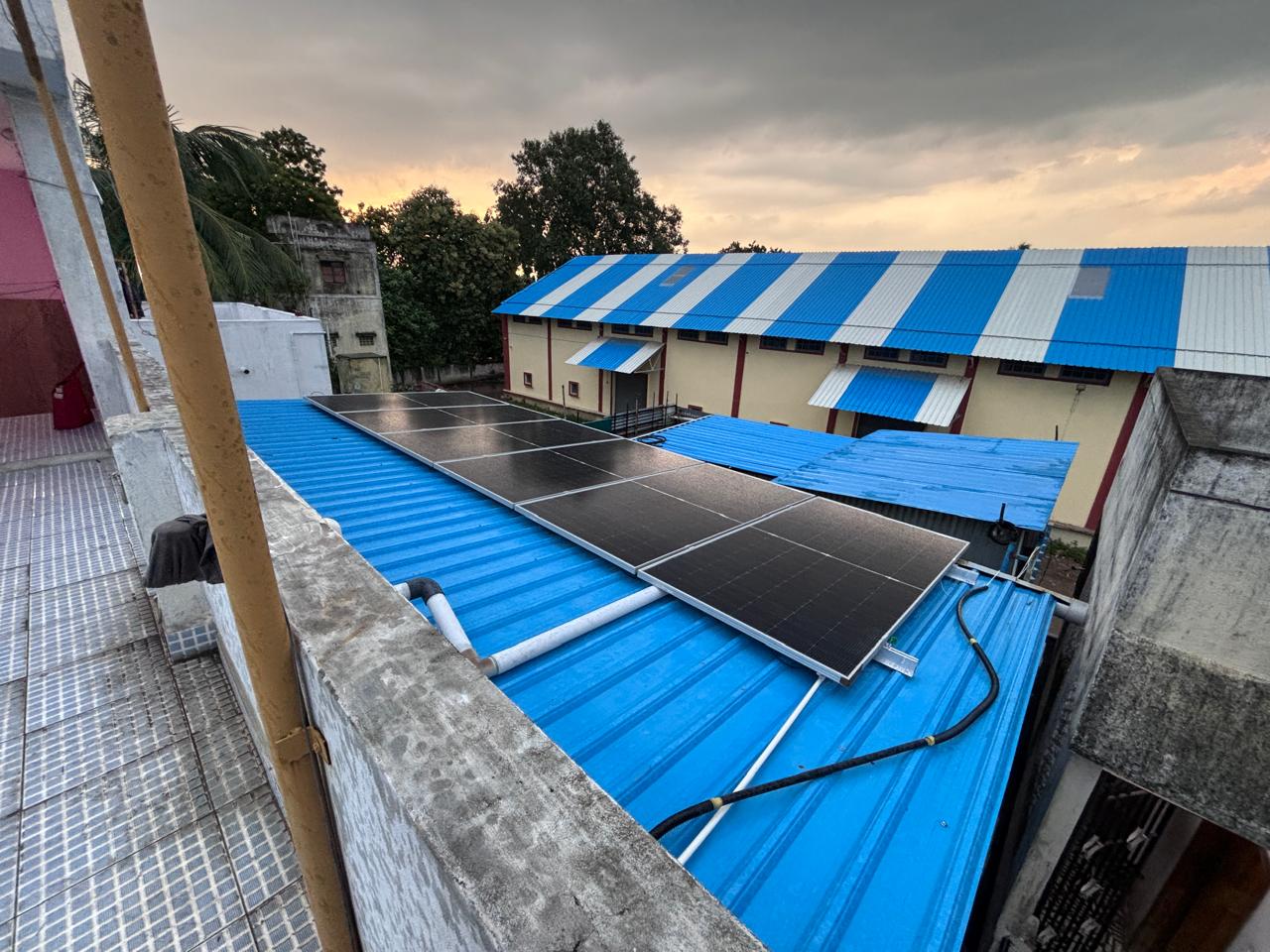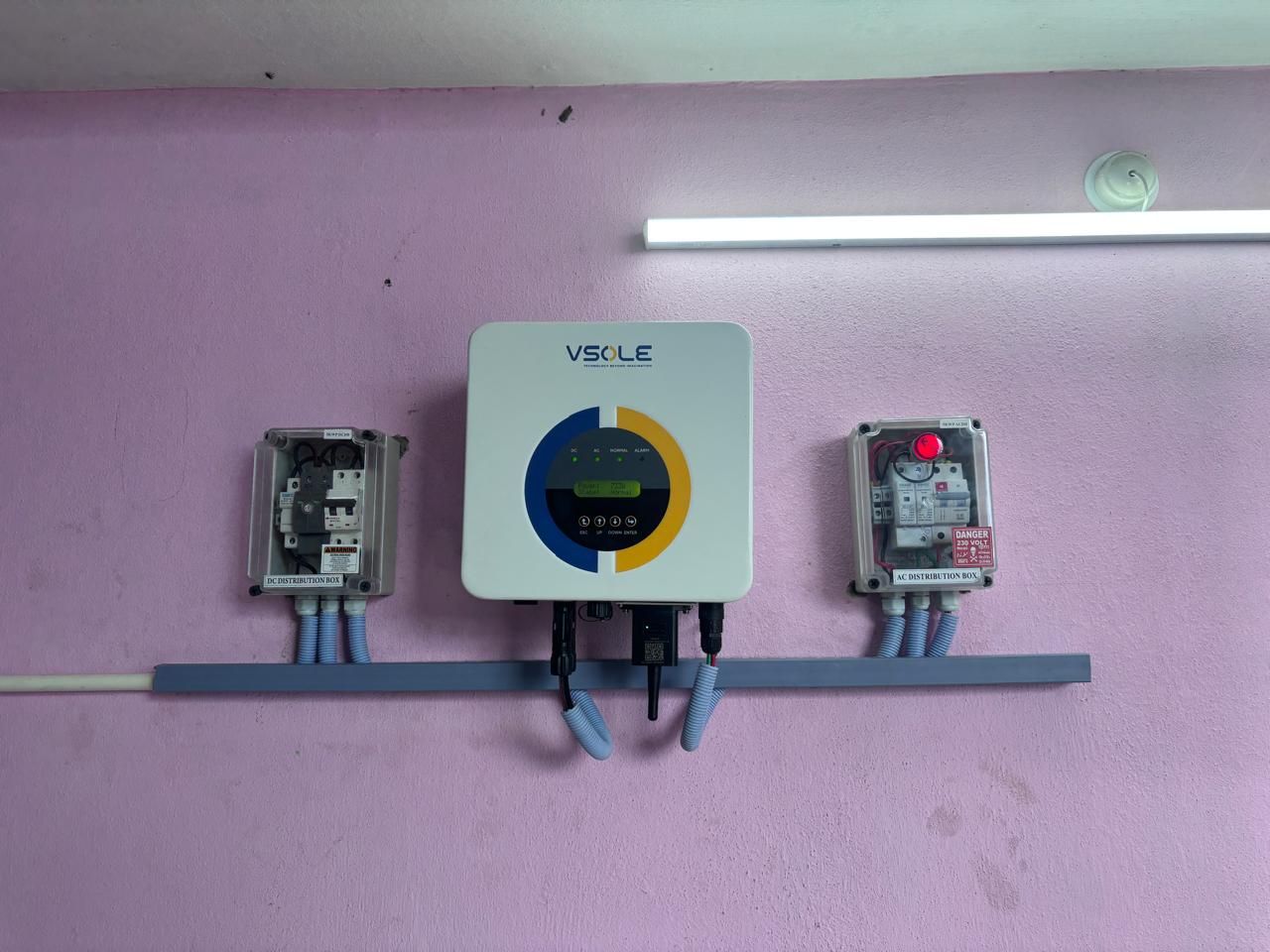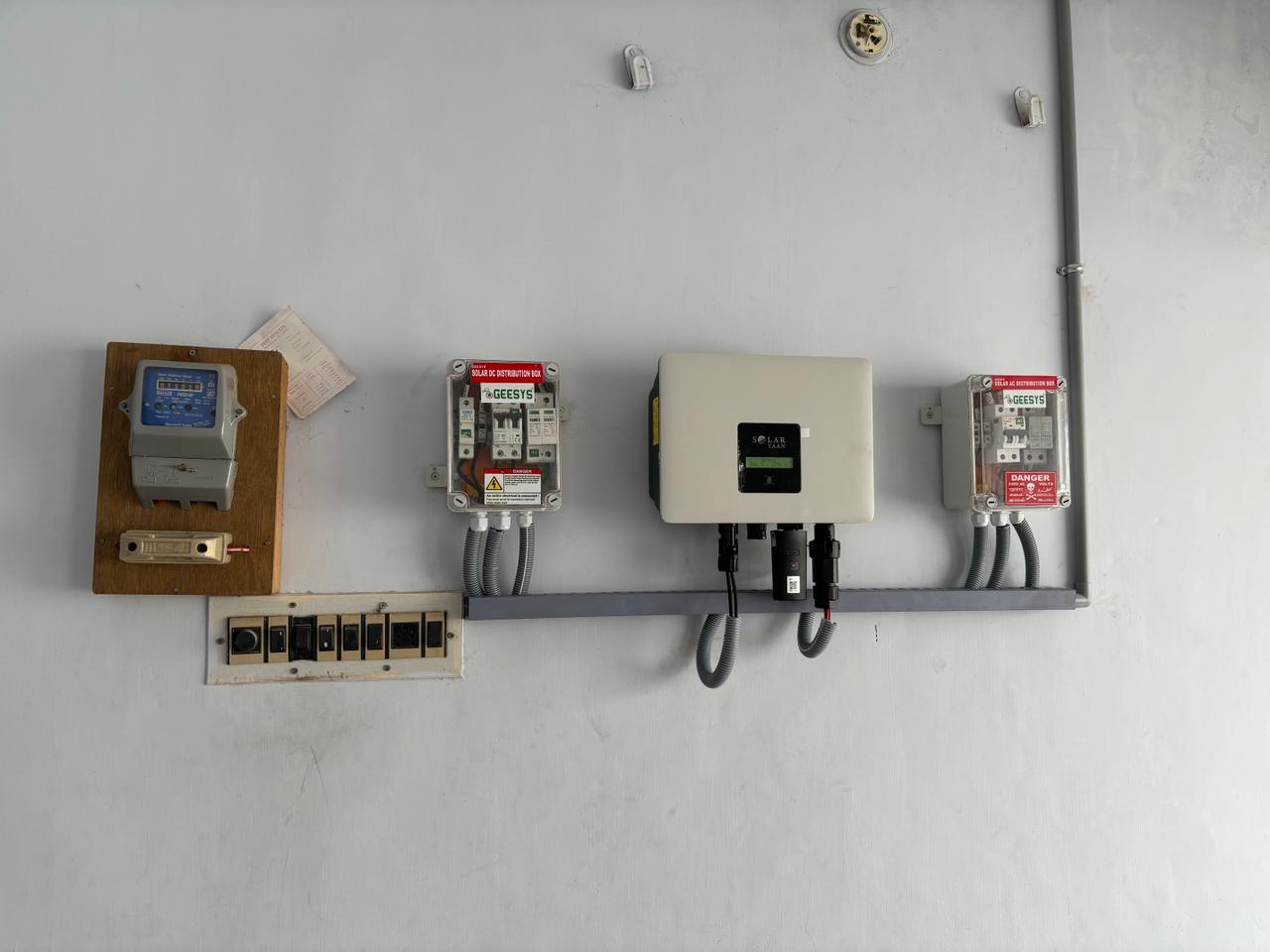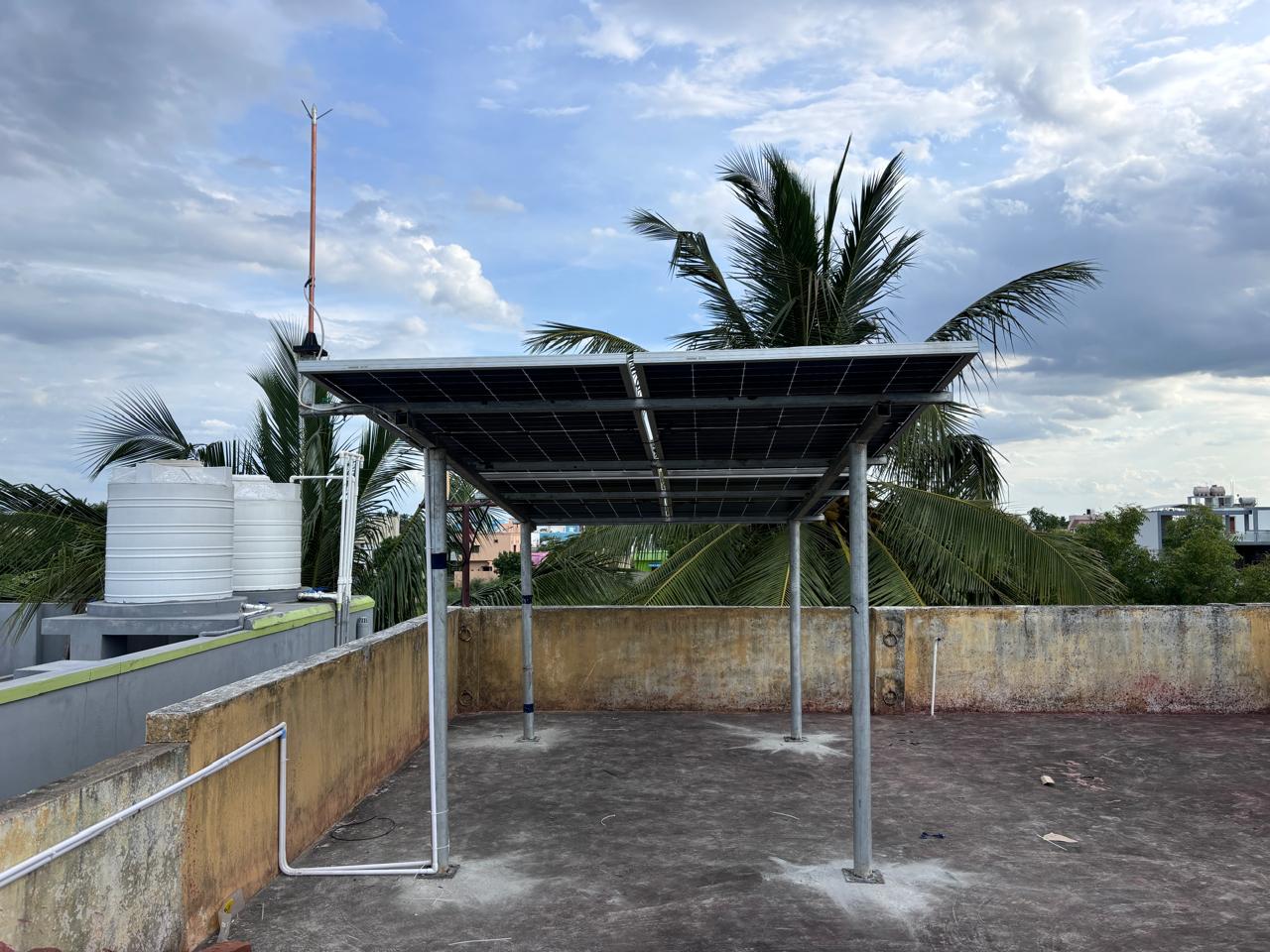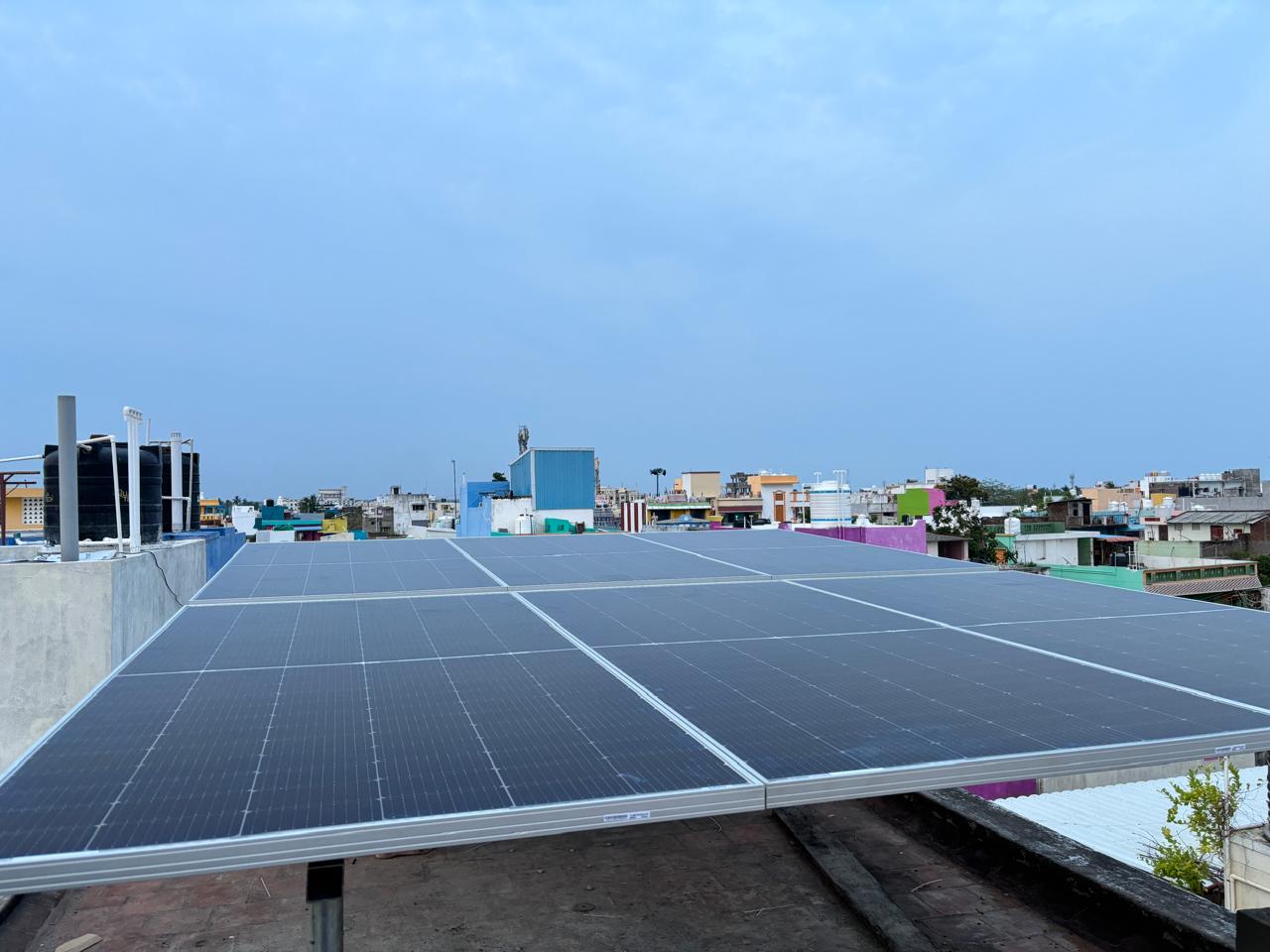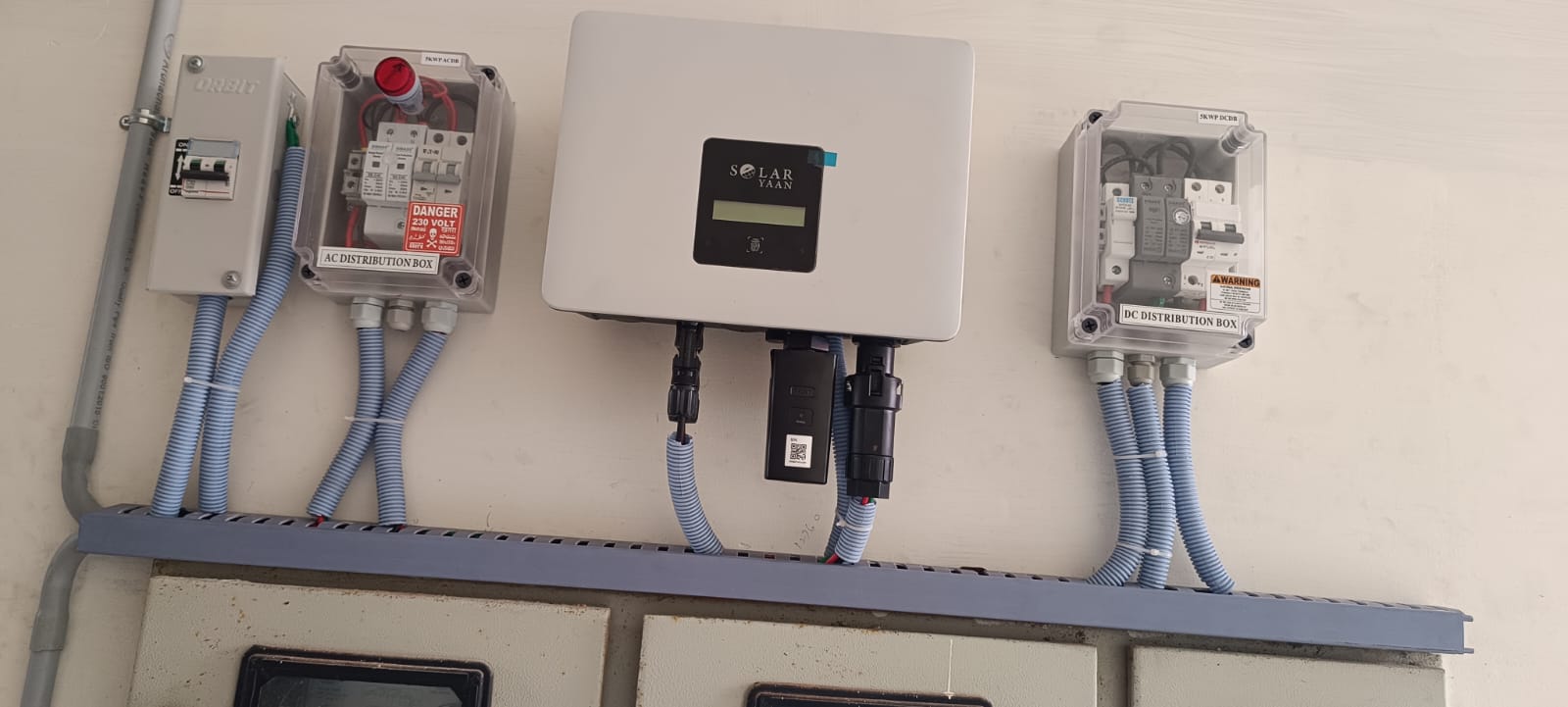
Join the Solar Revolution with Government Subsidy
Read More
Expert Solar Solutions for Homes, Offices, and Industries
Get Quote



A comprehensive guide to understanding and implementing solar power solutions for businesses. Learn about the benefits, installation process, and key considerations.
With the growing emphasis on sustainability and reducing operational costs, commercial solar installations have become a strategic investment for businesses. By harnessing solar energy, companies can significantly cut down on electricity expenses, enhance their environmental credentials, and benefit from various government incentives. This article provides an in-depth look at commercial solar installations, including the benefits, installation process, and critical factors to consider.
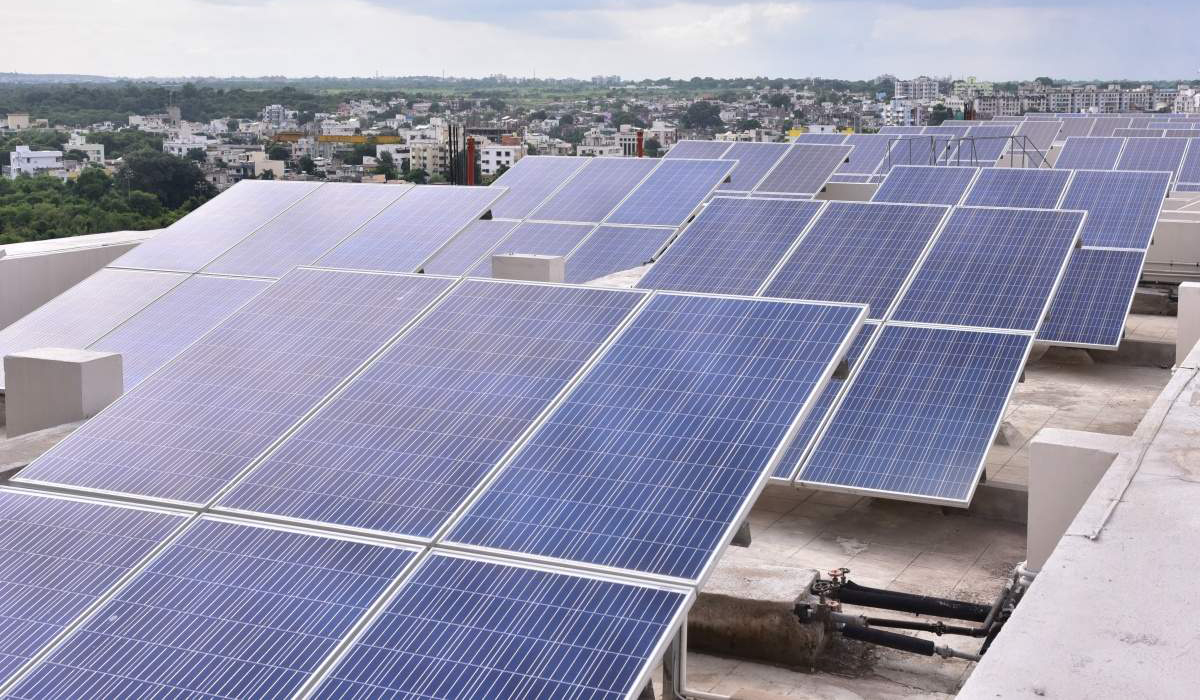
Commercial solar installations offer a multitude of advantages, including:
Installing solar panels on commercial properties involves several steps:
Before installing solar panels on your commercial property, consider the following factors:
Solar panels typically have a lifespan of 25-30 years. Most manufacturers offer warranties that guarantee performance and efficiency for this period.
Yes, solar panels can be installed on most commercial buildings, including offices, factories, warehouses, and retail spaces. However, a site assessment is essential to determine the feasibility and optimal placement.
Standard grid-tied solar systems do not provide power during an outage for safety reasons. However, solar systems with battery storage can supply electricity during outages.
Solar panels require minimal maintenance. Regular cleaning and periodic inspections to check for any issues are usually sufficient to keep the system running efficiently.
